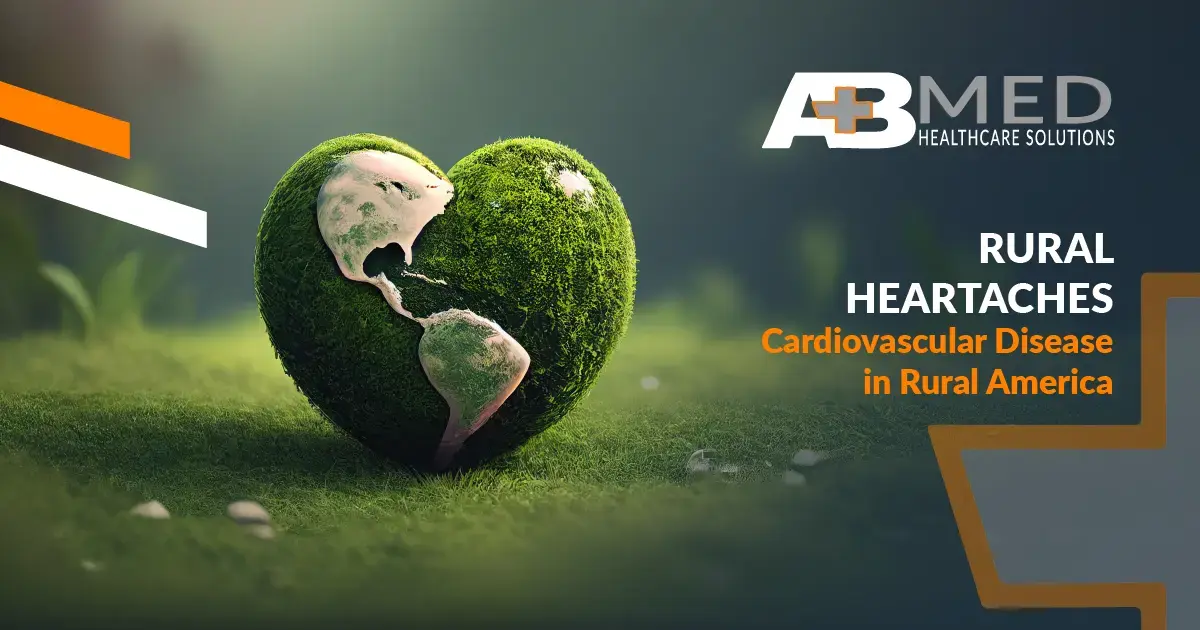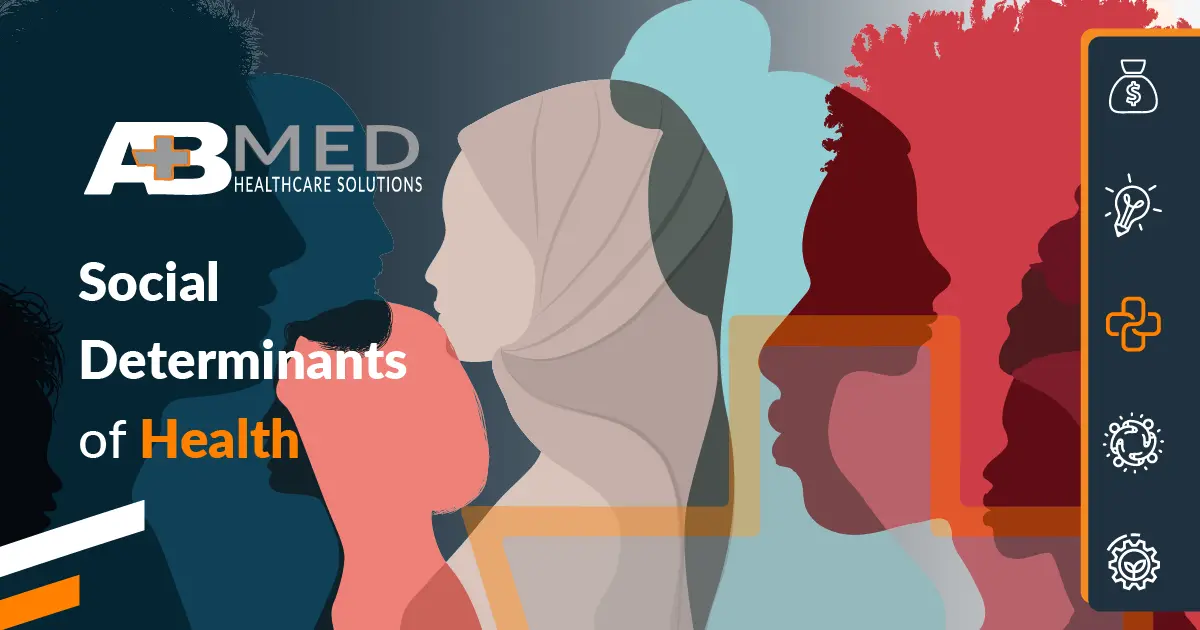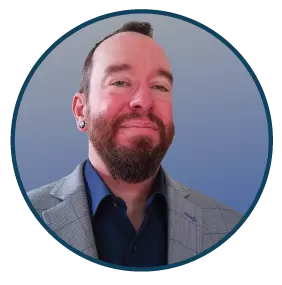Beginning around March 2020, suicide among healthcare professionals has been on the rise. This disturbing trend has mainly been contributed to the ongoing pernicious nature of the COVID-19 Pandemic. Even though nurses make up the largest number of victims, physicians, administrators, and other support staff have also been part of this mental health crisis.
The human toll
The physical, mental, and emotional toll the Pandemic has had on healthcare workers cannot be understated. Physically, they are exhausted from chronic overwork due to record patient loads. Speaking of the mental effect, Dr. Jessica Gold, an assistant professor of psychiatry at Washington University in St. Louis, said, “what you’re seeing is already pretty significant rates of trauma, pretty significant rates of anxiety and depression.” Emotionally, healthcare workers are traumatized. Through April 2021, in the United States, 3,607 healthcare workers had already died from COVID-19 related causes. Along with the deaths of their colleagues, many healthcare workers are also carrying the weight of one patient after another patient passing away despite receiving the best healthcare that could be given to them at the time.
In the first week of April, 2020, Norway conducted a study of 1,773 healthcare workers and public health professionals. They used their standard mental health evaluation form to gauge what effect COVID-19 was having on them. They found that 36.5% of those working directly with COVID-19 patients were experiencing high levels of PTSD, anxiety, and depression. Those healthcare professionals who were indirectly working with COVID-19 victims saw a similar rate of 27.3%. It’s a terrible thing when we have to say burnout and depression may be the lesser of the mental health issues facing our healthcare professionals.
Stigma of seeking help
Unfortunately, most healthcare professionals and administrators find it difficult or even impossible to seek out help even when surrounded by those who are in the best position to help. The culture present in most healthcare workplaces is mostly to blame for this. In a survey conducted last year by the American College of Emergency Physicians, 45% felt increased levels of anxiety and burnout, yet they also felt uncomfortable seeking mental health support. Further, 73% of those ER doctors polled, said there is a stigma in their workplace about seeking mental health treatment. 57% said they would be afraid for their jobs. Not every workplace was like that though, as 5% said there was no stigma at their workplace. With the fear of losing their jobs creating a culture of silence about mental health, it’s no wonder suicide and resigning are both more common now than pre-COVID 19.
Regulated help
The Dr. Lorna Breen Health Care Provider Protection Act recently passed the US Senate earlier in August. This bill is named after Dr. Lorna Breen, died by suicide in April 2020. If passed into law, this bill would give grants for training health care students and professionals in methods to prevent mental health problems, prevent suicide, and burnout. It would also raise awareness of the need for healthcare workers to seek out mental health treatment and support.
Latest Update
On January 20, 2022, the U.S. Department of Health and Human Services (HHS), through the Health Resources and Services Administration (HRSA), announced $103 million in American Rescue Plan Funds [v] to Reduce Burnout and Promote Mental Health and Wellness Among Health Care Workforce. The awards aim to improve the retention of health care workers and help respond to the nation’s critical staffing needs by reducing burnout and promoting mental health and wellness among the health care workforce.
HRSA is making these awards through three programs:
- Promoting Resilience and Mental Health Among Health Professional Workforce – HRSA is awarding $28.6 million to 10 grantees to help health care organizations establish, improve, or expand evidence-informed programs and practices to promote mental health and well-being among the health workforce, including their employees.
- Health and Public Safety Workforce Resiliency Training Program – HRSA is awarding $68.2 million to 34 grantees to support tailored evidence-informed training development within health profession and nursing training activities. This curriculum will help reduce burnout and promote resilience among health care students, residents, health care professionals, paraprofessionals, trainees and public safety officers, such as firefighters, law enforcement officers, and ambulance crew members.
- Health and Public Safety Workforce Resiliency Technical Assistance Center – HRSA is awarding $6 million to George Washington University to provide tailored training and technical assistance to today’s awardees.
Healthcare systems stepping up
Some healthcare systems have stepped up their own awareness and support offerings as well. For example, UC San Diego Health has expanded a doctor-centric suicide prevention program to nurses. Under this benefit, nurses and doctors can chat anonymously with therapists. The therapists are then able to schedule an appointment and services for the person. This program has worked so well, they expanded it to six other healthcare institutions. The program is called the Healer Education Assessment and Referral service or HEAR for short. It regularly conducts surveys with every health care worker to assess their current health care state. The hospital system conspicuously uses a third party to keep the healthcare worker anonymous and for the mental health professional they will be seeing only.
Ongoing support
The Pandemic along with its variant fueled surges will be ongoing for some time. The PTSD, burnout, and depression that healthcare workers are now carrying may not manifest themselves for some time. Healthcare leaders are in a prime position to adopt and implement similar programs for their healthcare facility.
Healthcare partners
At AB Med, we have felt the impact of the Pandemic on our workforce just like you have. We have been in the trenches fighting this battle and we are ready to support your efforts to take care of your workforce and your community. We are your healthcare support partners. Let’s Connect.
REFERENCES & RESOURCES
- Walters, S.N. and E. (2020). Nine months on the pandemic’s front line have crushed Texas health care workers’ spirits and killed their colleagues. [online] The Texas Tribune. Available at: https://www.texastribune.org/2020/12/11/texas-health-care-workers-coronavirus/ [Accessed 1 Sep. 2021].
- the Guardian. (n.d.). Lost on the frontline: US healthcare workers who died fighting Covid-19. [online] Available at: https://www.theguardian.com/us-news/ng-interactive/2020/aug/11/lost-on-the-frontline-covid-19-coronavirus-us-healthcare-workers-deaths-database.
- Johnson, S.U., Ebrahimi, O.V. and Hoffart, A. (2020). PTSD symptoms among health workers and public service providers during the COVID-19 outbreak. PLOS ONE, 15(10), p.e0241032.
- www.emergencyphysicians.org. (n.d.). Poll: Workplace Stigma, Fear of Professional Consequences Prevent Emergency Physicians from Seeking Mental Health Care. [online] Available at: https://www.emergencyphysicians.org/article/mental-health/poll-workplace-stigma-fear-of-professional-consequences-prevent-emergency-physicians-from-seeking-mental-health-care [Accessed 1 Sep. 2021].
- California Health Care Foundation. (2021). Nurses at High Risk for Suicide: “I Just Wanted All of It to Stop.” [online] Available at: https://www.chcf.org/blog/nurses-high-risk-suicide-just-wanted-all-stop/ [Accessed 1 Sep. 2021].
- Affairs (ASPA), A.S. for P. (2022). Biden-Harris Administration Awards $103 Million in American Rescue Plan Funds to Reduce Burnout and Promote Mental Health and Wellness Among Health Care Workforce. [online] HHS.gov. Available at: https://www.hhs.gov/about/news/2022/01/20/biden-harris-administration-awards-103-million-american-rescue-plan-funds-reduce-burnout-promote-mental-health-wellness-among-health-care-workforce.html.
By: Erik McLaughlin MD, MPH and Aikaterini Papadopoulou, B.Arch






